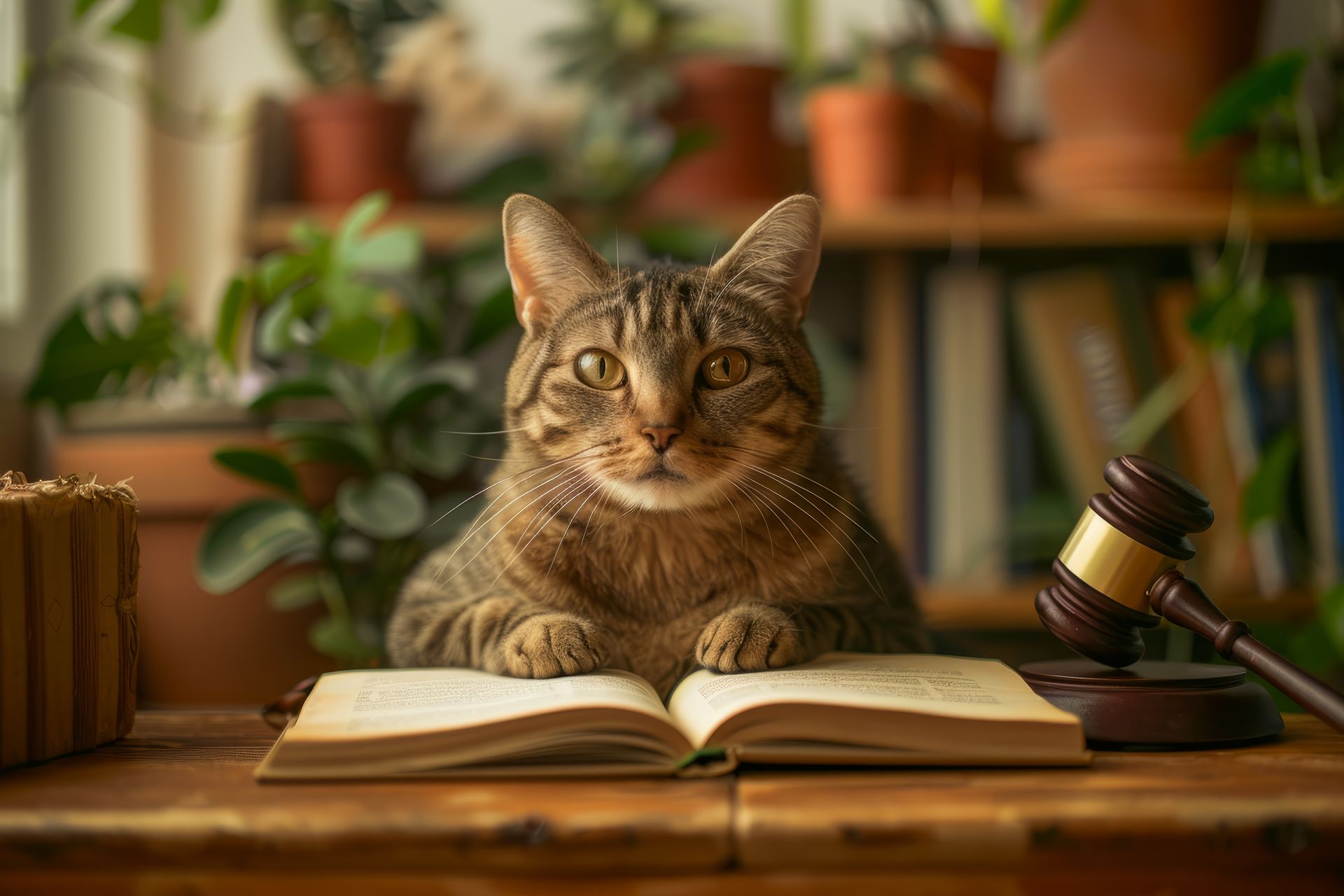Pets are treated in a divorce like any other property. If the parties can’t agree, the court must first determine whether the pet is community property or separate. If the pet is separate property, then the judge has to confirm that in the decree. If, on the other hand, the pet is community property, then the judge can award the pet just as he or she would award real estate or automobiles.
A DOG OF A CASE: PETS IN DIVORCE
Bob Leonard Law Group, PLLC
August 26, 2024
A DOG OF A CASE: PETS IN DIVORCE
THIS CASE IS A REAL DOG!
Let's talk about the pets' side of divorce.
Many families going through a divorce are pet owners. As an attorney, I’ve noticed that divorce cases where there are issues involving pets are usually some of the more painful cases that I have. Nevertheless, these issues must be resolved just like all other issues. It doesn’t always have to be that way.
Specific court issues – The pet as “child”
Protective Orders
Estate planning
Conclusion
Pets can sometimes be an important part of your legal circumstances. You should consider them in numerous situations such as divorce or estate planning.
When it comes to pets and divorce, the court will typically treat pets as property and consider the following factors:
Ownership
- The court will determine if the pet is separate property, belonging to one spouse, or marital property, belonging to both spouses. Pets purchased or adopted before the marriage are usually considered separate property.
Care
- The court will consider who spends the most time with the pet or who takes care of it primarily. Evidence of care could include paid vet bills, pictures, or videos.
Best interests of the child
- If there are children involved, the court may consider the pet's custody in relation to the children's custody. For example, the pet may follow the children's custody schedule.
Pet's well-being
- The court may consider the pet's well-being and order the spouses to share time with the pet.












